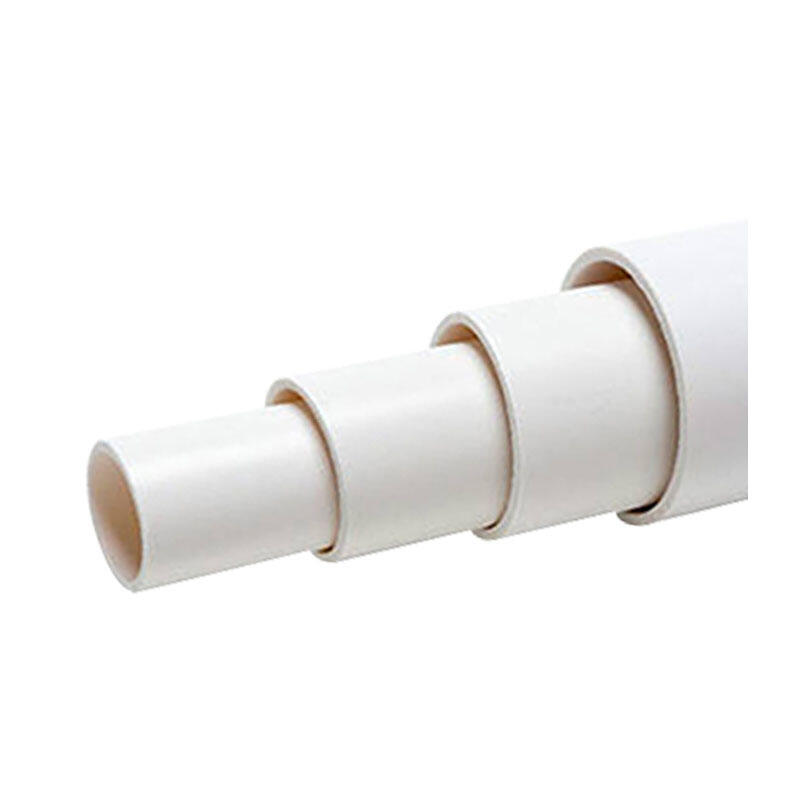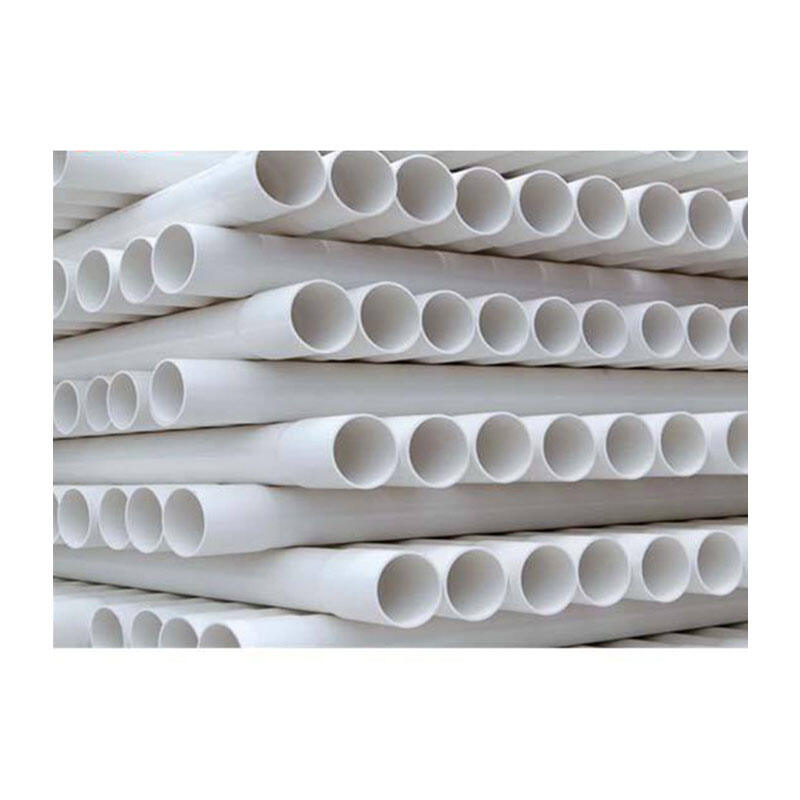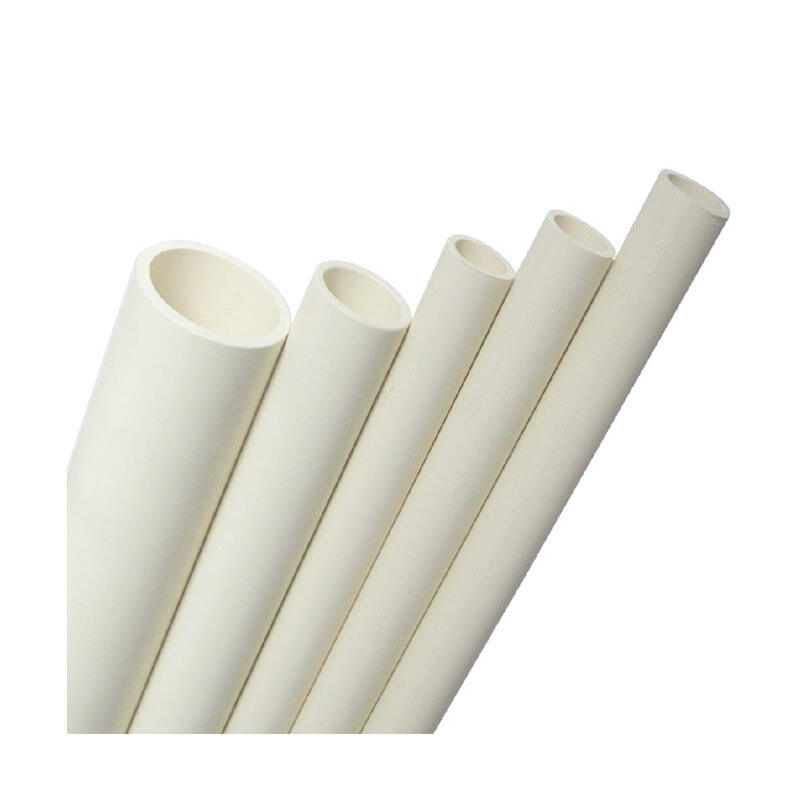Superior Chemical and Corrosion Resistance
The meaning of upvc pipe encompasses unparalleled chemical resistance that sets it apart from traditional piping materials in demanding environments. This exceptional characteristic means that upvc pipes maintain their structural integrity and performance when exposed to aggressive chemicals, acids, alkalis, and industrial effluents that would rapidly degrade metal pipes. The molecular structure inherent in the meaning of upvc pipe creates a barrier against chemical penetration, preventing pipe wall deterioration and maintaining long-term system reliability. This resistance extends to common water treatment chemicals including chlorine, fluoride, and various disinfectants used in municipal water systems, ensuring that the meaning of upvc pipe remains relevant for potable water applications without compromising water quality or pipe performance. Underground installations particularly benefit from this aspect of the meaning of upvc pipe, as soil conditions containing sulfates, chlorides, and other corrosive elements pose no threat to system integrity. The meaning of upvc pipe also encompasses resistance to biological attack from bacteria and microorganisms that commonly cause biofilm formation and pipe degradation in other materials. Industrial applications leverage this advantage where the meaning of upvc pipe enables safe transport of process fluids, chemicals, and waste streams without risk of contamination or system failure. Agricultural irrigation systems benefit significantly from this characteristic, as fertilizers and soil amendments that would corrode metal pipes have no effect on upvc systems. The meaning of upvc pipe extends to marine and coastal applications where salt water exposure would rapidly compromise alternative materials, making it ideal for desalination plants, offshore platforms, and coastal infrastructure projects. This chemical resistance also means that cleaning and maintenance procedures can utilize stronger disinfectants and cleaning agents without damaging the pipe system, ensuring optimal hygiene standards in critical applications such as healthcare facilities and food processing plants.


